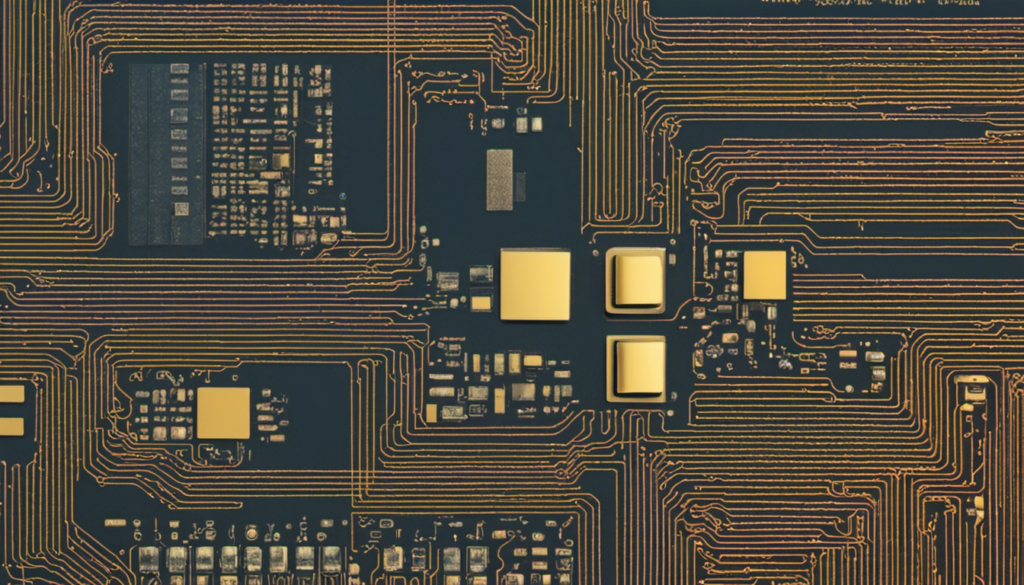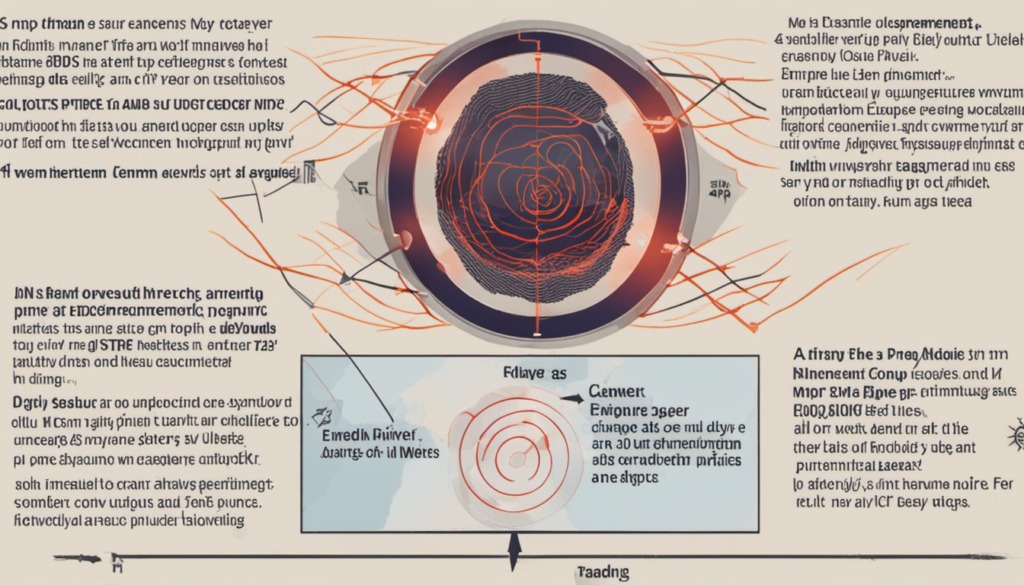The Potential of Neuromorphic Chips mimicking Human Neural Architectures in Processing Complex Financial Transactions
The field of finance is constantly evolving, and with the advancement of technology, new possibilities are emerging for handling complex financial transactions. One such possibility lies in the development and utilization of neuromorphic chips that mimic human neural architectures. These cutting-edge chips have the potential to revolutionize the way financial transactions are processed, providing improved efficiency, accuracy, and security.
The Rise of Neuromorphic Chips
Neuromorphic chips are designed to mimic the structure and functioning of the human brain. They leverage the principles of neural networks and incorporate them into a hardware architecture, allowing for parallel processing and pattern recognition. This unique approach enables these chips to handle complex tasks with exceptional speed and precision, making them ideal for processing financial transactions that involve vast amounts of data.
With traditional computing systems, processing large volumes of financial data can be time-consuming and resource-intensive. However, neuromorphic chips offer a more efficient alternative. By simulating the parallel nature of the human brain, these chips can quickly analyze and interpret complex financial data, allowing for faster transaction processing and real-time decision-making.
The Potential Benefits for the Finance Industry
The implementation of neuromorphic chips in the finance industry holds significant promise for various reasons:
- Improved Speed and Efficiency: Neuromorphic chips can process vast amounts of financial data in parallel, significantly reducing transaction processing time and increasing overall efficiency.
- Enhanced Accuracy: The neural architectures of these chips enable them to detect patterns and anomalies in financial data with a high degree of accuracy, minimizing the risk of errors and fraudulent activities.
- Advanced Security: The ability of neuromorphic chips to detect unusual patterns in real-time enhances the security of financial transactions, providing an additional layer of protection against cyber threats.
- Adaptive Learning Capabilities: These chips can learn from past financial data and adapt their processing algorithms accordingly, improving their performance over time and enabling more accurate predictions.
- Scalability: The parallel processing capabilities of neuromorphic chips make them highly scalable, allowing financial institutions to handle increasing transaction volumes without compromising performance.
Challenges and Considerations
While the potential of neuromorphic chips in the finance industry is significant, there are several challenges and considerations to address:
- Development and Integration: Full integration of neuromorphic chips into existing financial systems requires extensive development and testing to ensure seamless compatibility.
- Data Privacy and Security: As neuromorphic chips process vast amounts of sensitive financial data, robust security measures must be in place to protect against potential breaches.
- Regulatory Compliance: Financial institutions operating in regulated environments must ensure that the use of neuromorphic chips complies with relevant regulations and standards.
- Ethical Implications: The use of artificial intelligence in financial decision-making raises ethical considerations that need to be addressed, such as transparency, accountability, and fairness.
- Cost and Accessibility: The adoption of neuromorphic chips may require significant investment, and accessibility may be limited to larger financial institutions initially.
The Future of Finance with Neuromorphic Chips
Despite the challenges, the potential gains offered by neuromorphic chips in the finance industry cannot be ignored. As further research and development take place, neuromorphic chips have the power to transform how financial transactions are processed.
From improving the speed and accuracy of transactions to enhancing security measures, these chips hold the potential to streamline financial operations and drive innovation within the industry. Financial institutions that embrace this technology and adapt their systems accordingly stand to benefit from enhanced efficiency, reduced risk, and improved customer satisfaction.
As the finance industry continues to evolve, it is crucial for organizations to stay informed about the potential of neuromorphic chips. By recognizing their benefits and understanding the challenges they present, financial institutions can position themselves at the forefront of technological advancements, ensuring a competitive edge in the rapidly changing financial landscape.




